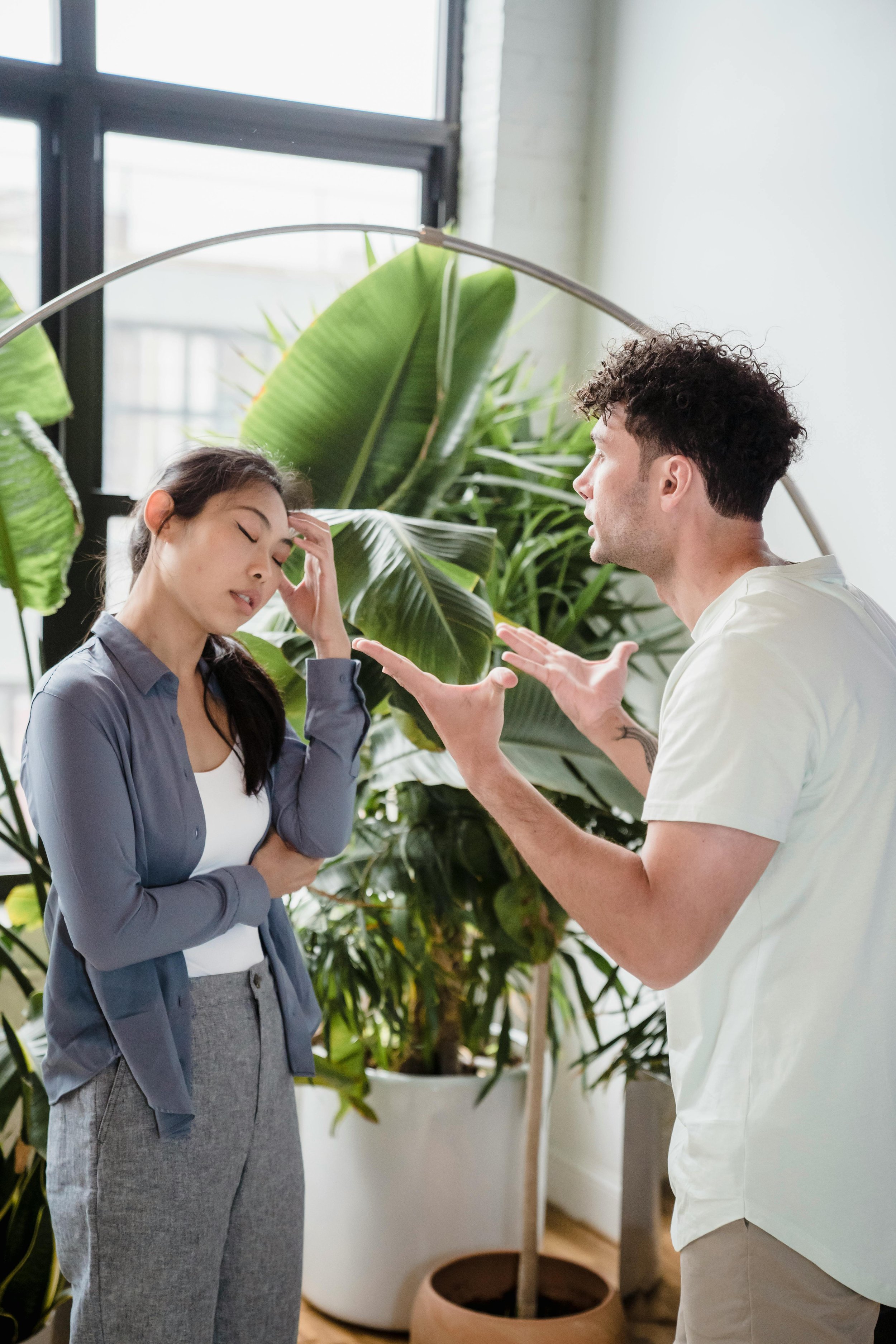Turning Toward One Another III
This is my third version of this post, as we continue to live in turbulent times. This is no surprise to any of us. I’ve noticed a dramatic increase in hate speech on social media in posts that initially have nothing to do with politics, groups like “Living in Colorado.” I ask myself, “why am I even on here?” yet, I use social media as a platform for my business, and I’m also part of some interesting groups….until they become uninteresting with toxic political posts.
We are bombarded with images of human badness. This is SO painful!
The US presidential election is now less than a month away. This isn’t going to end on November 5th. As we saw four years ago, this could go on for months. Sometimes I think that if I could just leave, I would. Some of my friends and colleagues already have---two have already moved to Portugal. I have other friends who have dual citizenship. I can’t leave and besides that, I love my home.
As I have friends, colleagues and clients from all political sides, I have wanted to find a way to stay in relationship rather than become polarized and argue. I am personally not willing to sacrifice precious relationships for the sake of righteous political polarization.
So---what can we do?
I am involved in teaching ethics with the Right Use of Power Institute. I have been on an ethics committee for over 15 years where we handle ethical grievances that are brought to our organization against teachers and therapists. The typical way of addressing grievances is through fear and punishment, however, we endeavor to mediate conflicts through repair and resolution, care and repair. Through this work I have learned so much about conflict resolution.
Margaret Wheatley, best described as an organizational consultant and social scientist writes in her book Turning To One Another, “I still believe we can change the world if we turn to one another, if begin talking to each other, if we start listening to each other---especially those we call stranger or enemy—then this world can reverse its darkening direction and change for the good.” I also believe this.
Our world needs changing!
Two questions I ask myself:
What is my role in creating change?
Can I be courageous in creating conversations? FEAR KEEPS US APART yet we yearn for community.
There are two things most of us want:
A chance to speak
A chance to feel heard
What would it feel like to be listening to each other about what disturbs and troubles us?
I have three suggestions to facilitate healing the great divide:
Curiosity: I have always been curious. As a child, I would often ask my mother “Why? Why did that happen, can’t I do whatever I was asking to do?” She would say “because I said so.” That was never good enough. In fact, I threw our next door neighbor’s poodle into the lake at Washington Park in Denver because I was curious to see if it could swim, even though I was told not to. Fortunately, the dog survived, although my curiosity got me in trouble! But seriously, I have genuinely wanted to understand opposing opinions. I always say that you can’t be curious and judgmental at the same time. How would it feel if someone asked you, with genuine curiosity, “tell me why you feel that way?” instead of coming at you with judgment.
Reflective Listening: Most of us want to be heard. Instead, what we often get is defensiveness. I work with couples and it’s sometimes nearly impossible to get them to stop fighting and listen. Reflective listening is just like it sounds: repeating back what you heard the other person say with the genuine intention of letting them know you heard and understood what they said.
Seeing the Common Humanity: In our current political divide, both sides actually want the preservation of democracy. Can we get curious about what this means instead of attacking each other?
Our current political divide is creating loss of friendships, loss of family relationships, heartache and heartbreak. The worst of humanity is coming out the sides. I challenge each one of you to consider how you might turn to one another with curiosity, reflective listening and the willingness to see our common humanity. If we do this, one conversation at a time, we can change and facilitate change.

